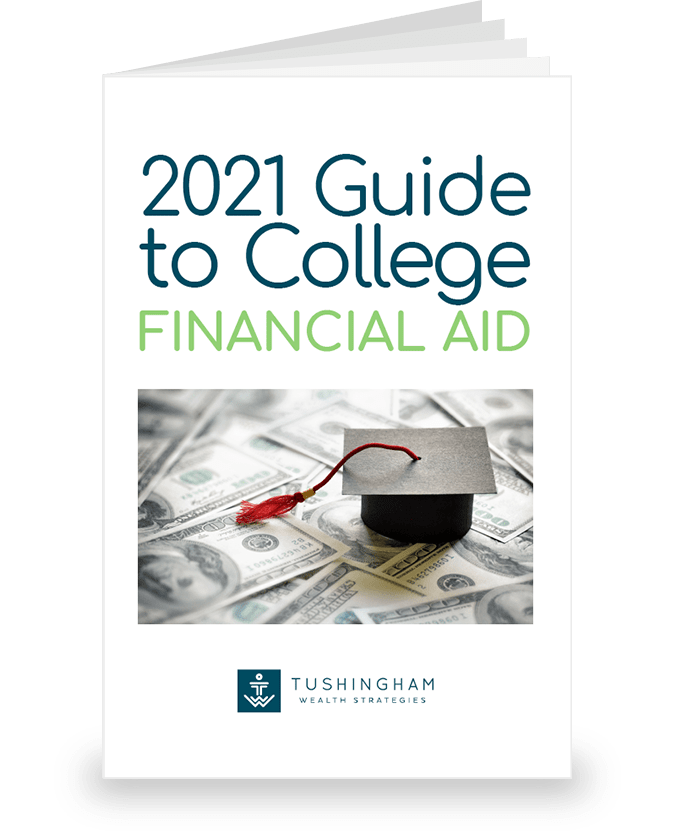Despite the pressure that may be coming from articles or colleges’ Admission Office, families should remain calm about filing their FAFSA. It isn’t vital to file on October 1st.
What is Changing
For the 2017-2018 academic year, the Department of Education has changed the start date for filing the Free Application for Federal Student Aid (FAFSA). In previous years, the start date was January 1st. The new start date has been pushed back three months to October 1st. Along with the new date is a change in the tax year used when completing the FASFA. In 2016-2017 and earlier, the most recently completed tax year was used (2015 for 2016-2017). Beginning in 2017-2018, the year before the most recently completed tax year will be used (2015 for 2017-2018). While these are big changes for Financial Aid and Admissions processing overall, the effect on the individual family won’t be that significant.
What Does It Mean for Families
The biggest change for families is that they should have less stress and more time to complete the FAFSA and get it submitted to the colleges of their choice. In previous years, even though a family could technically file the FAFSA as early as January 1st, this wasn’t possible for most families because taxes need to be completed before filing. (They could file with estimated data, but would then need to update the FAFSA with the final data after filing their taxes.) This left families rushing to file their taxes and then complete the FAFSA. A Families choice was either to file with estimated data and make changes (potentially affecting any Financial Aid awards) or wait and rush to get the FAFSA done before the colleges’ filing deadline. This added stress and uncertainty for families. Now, families will have more time to complete the process. The change in tax year used means they needn’t worry about filing taxes before completing the FAFSA; their taxes should already be done. Where previously, you had a short 1-2 months to file taxes and complete the FAFSA, now you will have nearly six months to complete the FAFSA. The change in tax year also means completing the FAFSA should be easier as more families will be able to transfer their tax data directly from the IRS, reducing the need for follow-up documentation to be submitted to the college. Families should take the time to complete the FAFSA correctly. Again, there is no rush to be the first person to file on October 1st.
How are Colleges Handling the Change
From what we have seen, at least in this first year, colleges generally won’t be making significant changes to their Financial Aid deadlines. At many colleges, the earlier you file, the earlier you may receive a Financial Aid award notice, but not at all. Many factors go into preparing for the Financial Aid awarding process. Colleges will need to update their software to import the new year data. Many times these updates aren’t available until right when FAFSAs can be filed. Also, colleges typically need to set their tuition and fees for the upcoming year in order to correctly calculate financial need. At many institutions, this was done in late February or early March and was a chief hold up in completing financial aid awards. Colleges have had some time to prepare for this change, but the processes of many offices on campus need to be adjusted to really move the financial aid award process earlier. Likely, many colleges will send awards earlier, but they will be estimated awards. For many colleges that already sent early award estimates, they will just have better estimates this year and without the need for families to submit more information to get the final aid package. Remember also, that this primarily applies to new incoming students. Returning students’ financial aid is generally processed later in the summer. While Admissions Offices may push families to file as soon as possible, it is best to check with the Financial Aid office on the best practice.
How Should Families Respond
Our advice is for families to take a deep breath and know that the FAFSA should be much easier to complete on time with less need to submit additional information. Families should not wait to the last minute, but there is no need to rush. Check with the Financial Aid office on any filing deadlines. Make sure the FAFSA is completed correctly; some questions can be tricky. It is better to be right than to be first.

Download our Free Whitepaper on
Understanding College Financial Aid: Download Now
